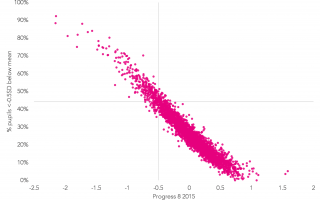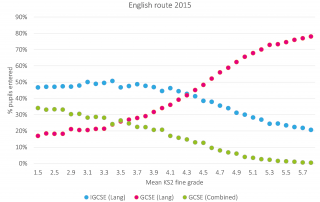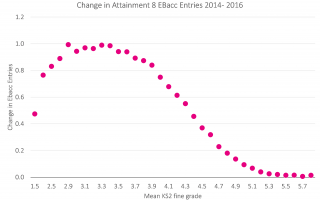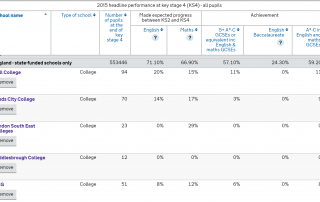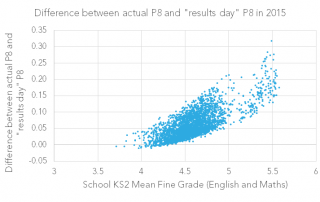How should we define KS4 floor standards?
The question of how floor standards are defined is one that – to all heads, but particularly those who might be at risk of not meeting them – is obviously of great importance. And there are clearly numerous ways in which a floor standard could be defined. (We leave to one side the question of [...]



